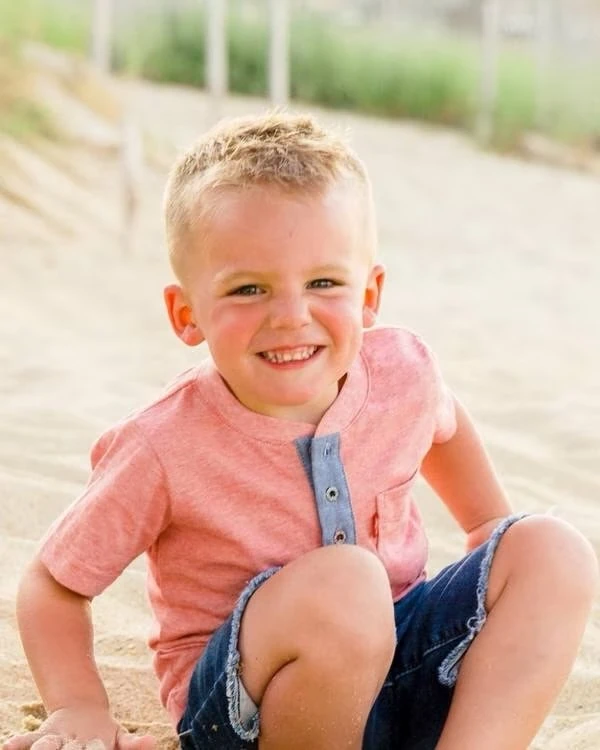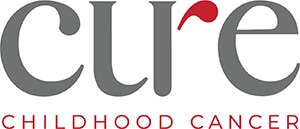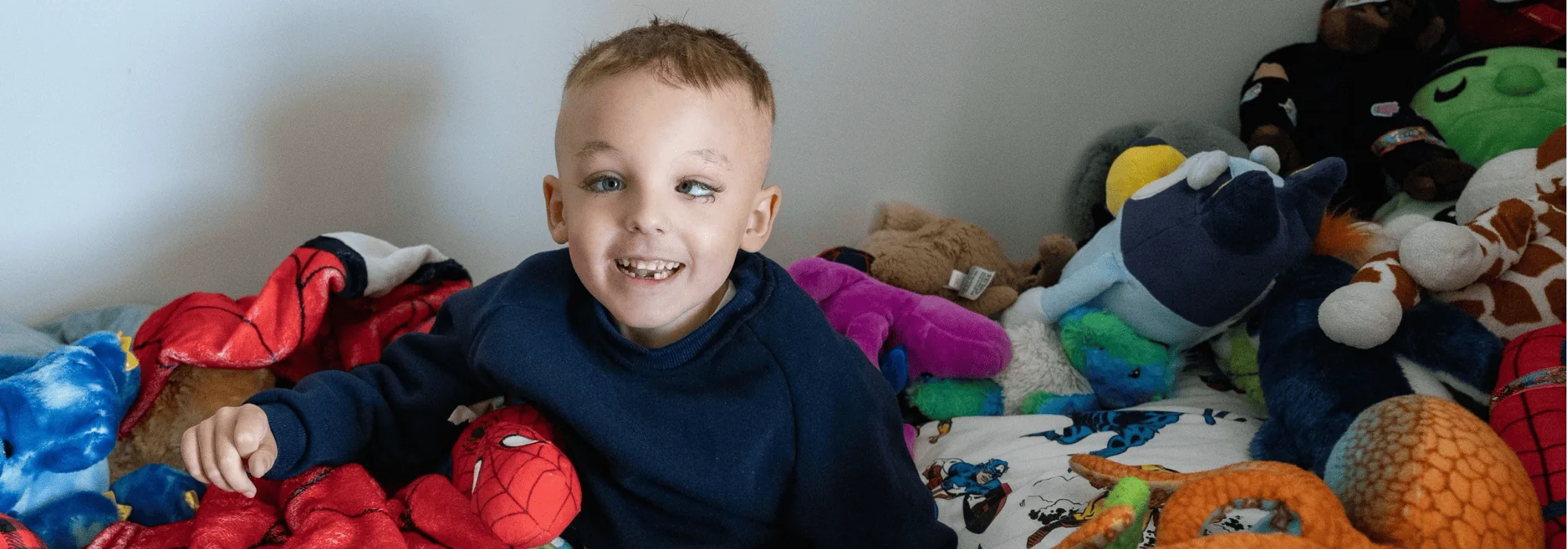Last September, five-year-old Carter woke up from his nap acting very strange.
“He was giggling, acting goofy, and couldn’t walk straight, “described his father, Brad. “Honestly, if I didn’t know any better, I’d have thought he was drunk.”

After more comprehensive testing, Brad and Becky were told that Carter had a brain tumor around his thalamus. The thalamus relays information from the brain to the rest of the body. Pressure from the tumor caused it to misfire, sending strange signals across Carter’s nervous system.
The original diagnosis was a low-grade glioma, so Carter started low-dose chemotherapy immediately. Through CURE’s Precision Medicine Program, his doctors also sent a sample off for genetic sequencing to see if they could learn more about his tumor and develop a personalized plan to treat it.
Even a low dose of chemo can leave harsh side effects, and Carter was no exception.
“In January, we pushed up the date of his MRI because he was going downhill,” explained Brad. “That showed that he had hydrocephalus – fluid on his brain that was likely caused by chemo. He got a shunt installed, and the pressure was relieved in about a week.”
The results of his gene sequencing came back and proved very interesting and helpful. Carter’s tumor was a high-grade glioma, meaning the treatment he had already endured was unlikely to have cured him. The tests also revealed a mutation that is very different than the mutation 90% of high-grade glioma patients have. However, this mutation is common in lung cancer patients, and there is a drug that is successful in inhibiting its growth. Carter began radiation therapy combined with the inhibitor, and the results have been fantastic.
“Carter has very minor side effects from this treatment, and his latest MRI showed that his tumor is stable,” said Brad. “We are so thankful for precision medicine. Doctors can now target his specific mutation instead of annihilating his little body with chemotherapy that most likely wouldn’t have worked.”
Carter recently celebrated his sixth birthday and started first grade. Because of the treatment, he has had to adjust slightly but has adapted well and is enjoying life again. He’s playing with his brother, riding his bike, and getting dirty… just like a boy should.
Take the next step to support research that will help save kids with cancer… kids like Carter.




